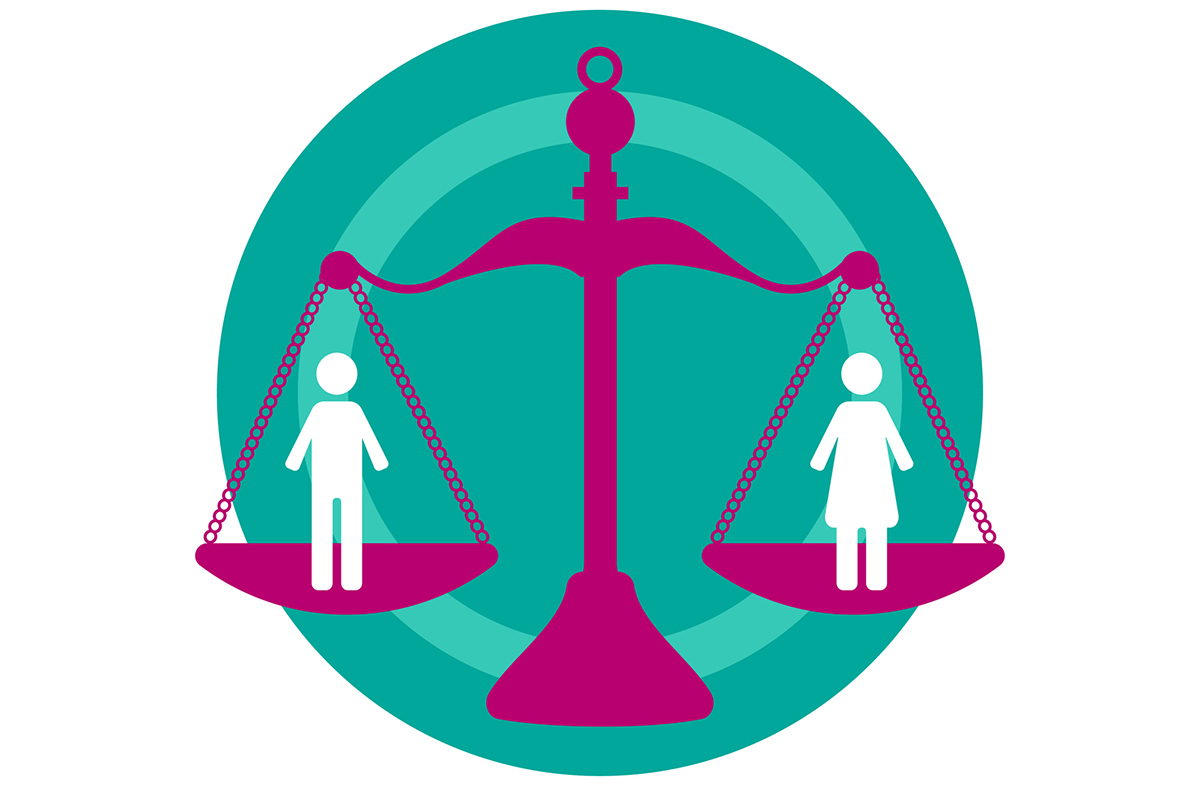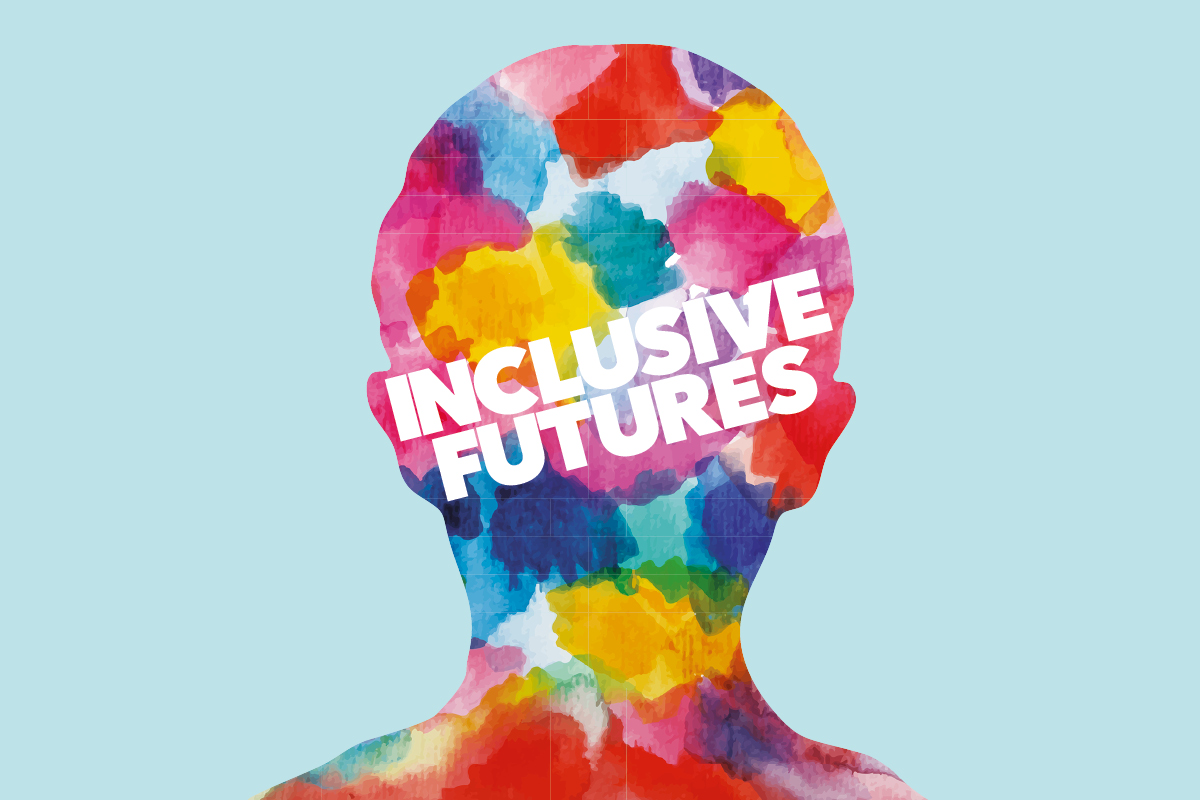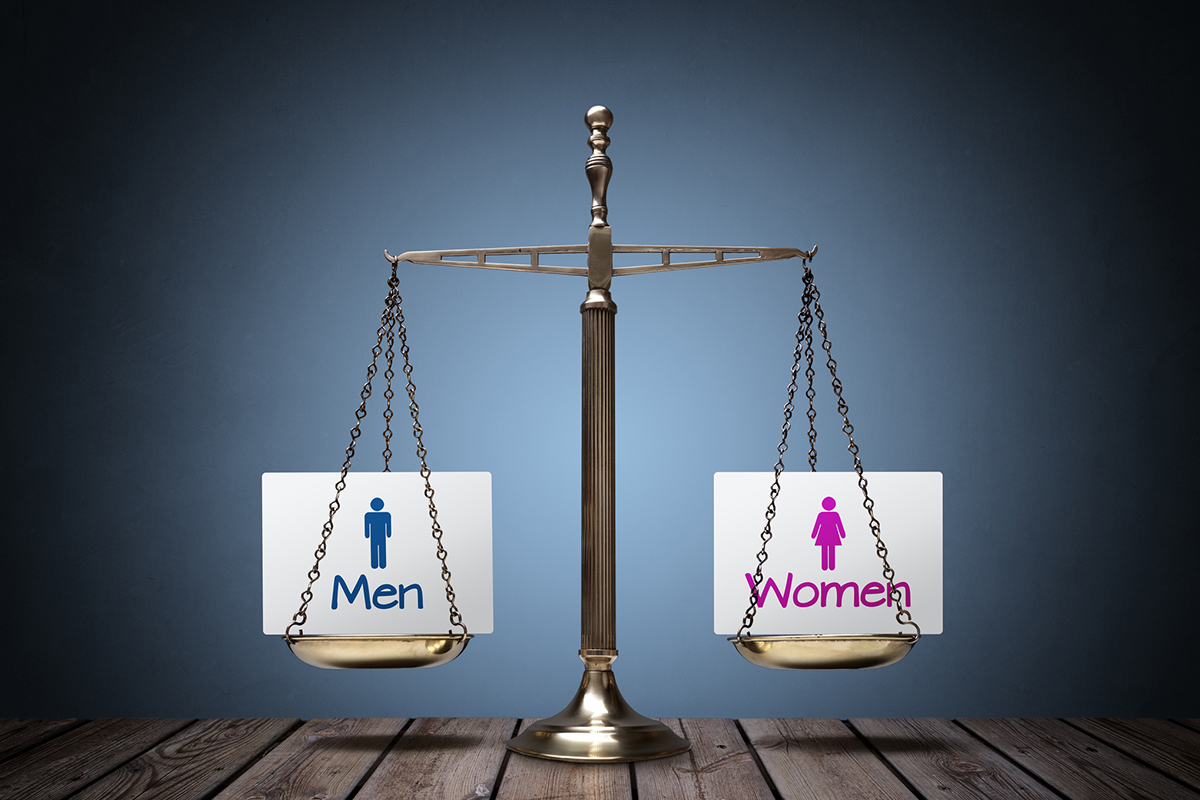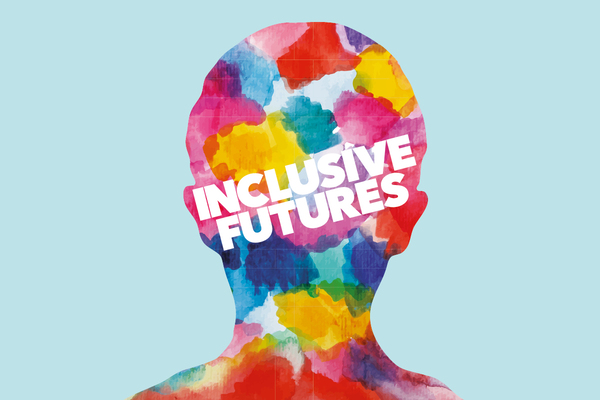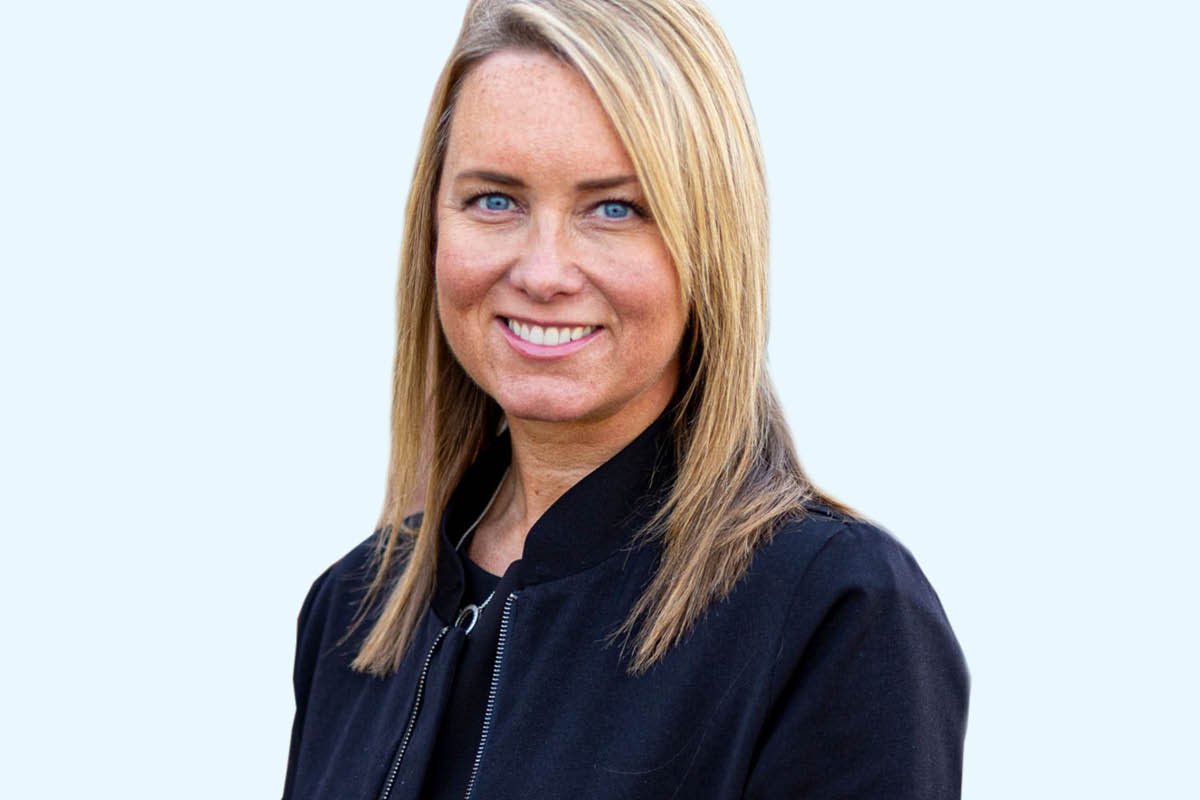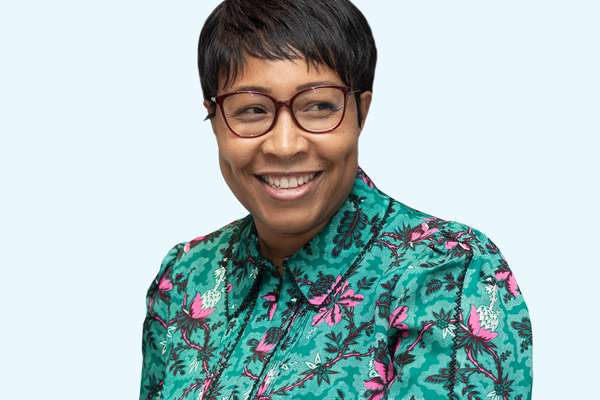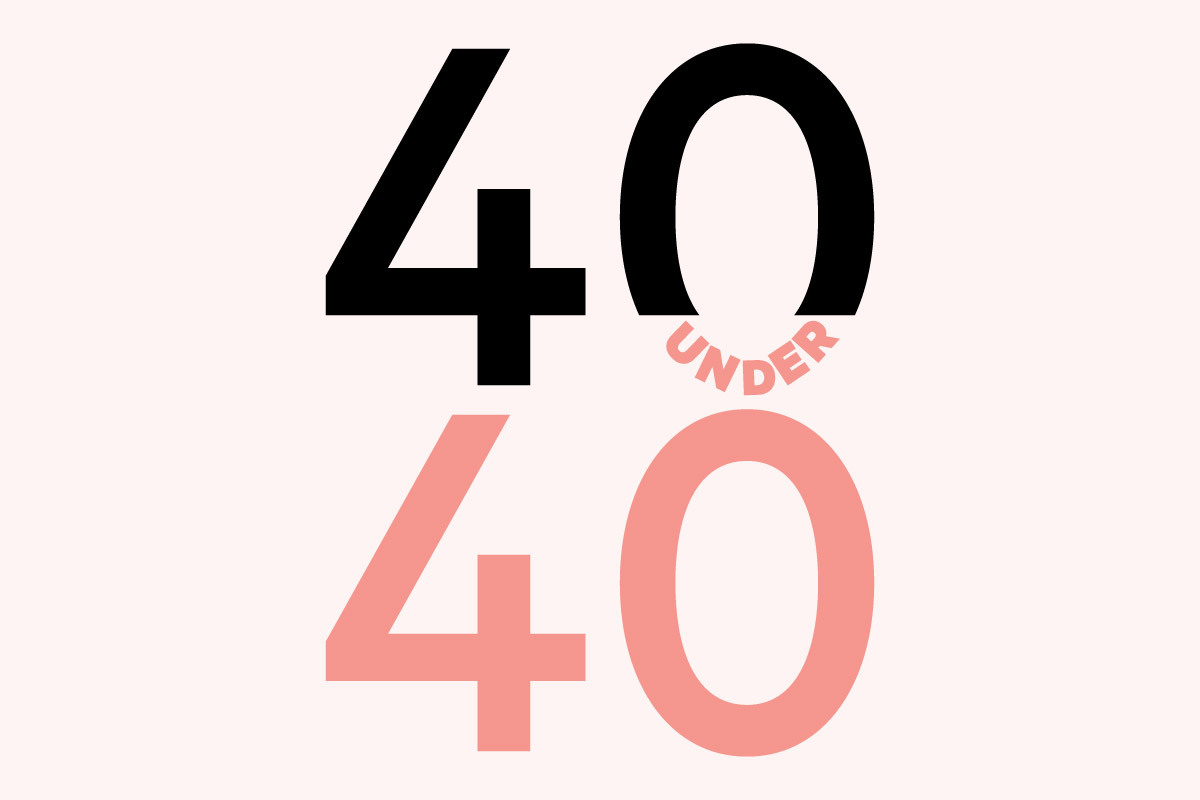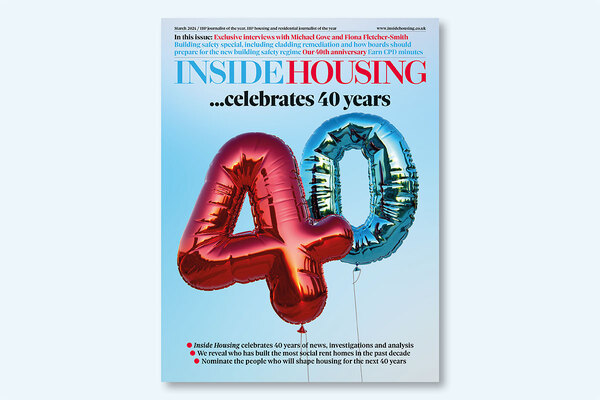You are viewing 1 of your 1 free articles
Time for concrete action to tackle the gender pay gap
Amid scrutiny of the first gender pay reporting data, Inside Housing calls for more action from social housing providers to tackle the issue. Emma Maier explains more.
The gender pay gap – the difference between average male and female pay – has been criticised by some as a crude measure.
It is deceptively simple; but this makes it a good measure of inequity.
As an average hourly pay rate, the reported pay gap figures don’t make allowances for gender inequity in lower-paid caring roles, imbalance at executive level or the impact of part-time working – so they shine a light on these important, structural issues.
So how does housing measure up and what have we learned about pay inequity compared with the wider economy?
Of the 20 largest English housing associations, 13 reported a mean pay gap that was lower than the 17.4% national average, while 18 outperformed the national median pay gap of 18.4%.
See the data here:
| Landlord | Homes | Mean pay gap | Median pay gap |
|---|---|---|---|
| Clarion Housing Group Limited | 115,952 | 5% | -1.80% |
| Sanctuary Housing Association | 80,678 | 17.80% | 11.30% |
| London & Quadrant Housing Trust | 78,179 | 16.60% | 9.50% |
| The Guinness Partnership Limited | 64,482 | 6.40% | -4.80% |
| Places for People Group Limited | 60,117 | 6.30% | -5.50% |
| Sovereign Housing Association Limited | 51,504 | 5.20% | 7.20% |
| The Riverside Group Limited | 50,705 | 8.10% | 6% |
| Home Group Limited | 50,420 | 11.90% | 5.30% |
| Hyde Housing Association Limited | 48,045 | 12.90% | 4.10% |
| Orbit Group Limited | 40,562 | 19.50% | 10.20% |
| Together Housing Group Limited | 36,030 | 6.40% | 10.50% |
| Onward Homes Limited | 35,912 | 8.90% | 6.10% |
| A2Dominion Housing Group Limited | 34,259 | 26% | 20% |
| Gentoo Group Limited | 33,570 | 11.10% | 14.60% |
| Thirteen Housing Group Limited | 33,442 | 7% | 0.20% |
| Your Housing Group Limited | 32,942 | 17.70% | 15.60% |
| Metropolitan Housing Trust Limited | 31,226 | 23.30% | 14.80% |
| WDH | 31,202 | 10.90% | 11% |
| Midland Heart Limited | 30,789 | 19.20% | 15.50% |
| Stonewater Limited | 30,505 | 23% | 22% |
This is an encouraging start, which will in part reflect improvement to the number of women in the most senior roles. But there is variation, much more to be done and some difficult issues to grapple with.
Care and support organisations face a significant challenge, since women are all too often vastly over-represented in low-paid care roles.
There remains a gender imbalance in repairs and maintenance teams, where roles may offer extra pay for overtime, standby and call-outs – a circumstance that will affect the figures for organisations with in-house repairs teams or direct labour organisations.
Meanwhile, the impact of part-time working and parental leave continue to affect women’s pay.
Without tackling these areas of imbalance, the gender pay gap may remain difficult to shift.
The argument that women choose low-paid roles doesn’t wash.
Concrete action is needed. Many landlords are taking the challenge seriously.
Action plans include increasing pay for caring roles, investing in leadership development to tackle gender imbalance in senior roles, enhancing flexible working practices and mixed-gender interview panels.
“The argument that women choose low-paid roles doesn’t wash”
For those in any doubt, Simon Dow, interim chair of the Regulator of Social Housing in England, warned this week of the importance of landlords thinking seriously about trust, perception and public profile.
The gender pay gap, like executive pay and bonuses, has the potential to significantly affect perceptions in the sector and outside.
Emma Maier, editor, Inside Housing
More on the gender pay gap
Here are a few of Inside Housing’s articles on gender pay reporting:
Housing associations promise action following gender pay reports Major housing associations are revealed to have gender pay gaps of more than 25%
Welsh housing associations have 8% gender pay gap The data shows the extent of the gap between pay for men and women in Wales
Huge reverse pay gap at Scotland's largest housing association Full details of Scottish associations’ gender pay gaps – including a gap in favour of women at Glasgow Housing Association
Mind the gender pay gap To mark the deadline for gender pay gap reporting, we republished this piece by Kate Youde looking at the issues involved
A guide to gender pay reporting in the housing and care sectors Emma Burrows of Trowers & Hamlins explains more about what is required and the trends seen so far
Gender pay reporting should be the first step in a wider employment review Siobhan Fitzgerald of law firm TLT argues gender pay reporting is an opportunity for broader change
Homes England pledges to combat ‘unacceptable’ 18.4% gender pay gap The chief executive of Homes England brands the 18.4% gender pay gap at the organisation “not remotely acceptable”
Gender pay reporting explained
Under Equality Act regulations, employers (including housing associations) with more than 250 employees have until 4 April to publish information about their gender pay on their website and on a government website.
An employer must publish the results of six calculations for pay over a 12-month period:
- average gender pay gap as a mean average
- average gender pay gap as a median average
- average bonus gender pay gap as a mean average
- average bonus gender pay gap as a median average
- proportion of males receiving a bonus payment and proportion of females receiving a bonus payment
- proportion of males and females when divided into four groups ordered from lowest to highest pay.
The regulations specify how hourly pay, bonus pay and hourly rate should be calculated and in what circumstances agency workers and self-employed people should be included in the calculations
Results for individual organisations can be found on the government's gender pay reporting website here. Find results for housing providers by using the search boxes, or by filtering by sector.
Inclusive Futures
Inside Housing’s Inclusive Futures campaign aims to promote and celebrate diversity and inclusion.
We are pledging to publish diversity audits of our own coverage.
We are also committed to proactively promoting positive role models.
We will do this through the pages of Inside Housing. But we will also seek to support other publications and events organisations to be more inclusive.
Our Inclusive Futures Bureau will provide a database of speakers and commentators from all backgrounds, for use by all media organisations.
We are also challenging readers to take five clear steps to promote diversity, informed by the Chartered Institute of Housing’s diversity commission and the Leadership 2025 project.
THE INCLUSIVE FUTURES CHALLENGE
Inside Housing calls on organisations to sign up to an inclusive future by taking five steps:
Prioritise diversity and inclusion at the top: commitment and persistence from chief executives, directors and chairs in setting goals and monitoring progress.
Collect data on the diversity of your board, leadership and total workforce and publish annually with your annual report. Consider gender, ethnicity, disability, sexuality, age, and representation of tenants on the board.
Set aspirational targets for recruitment to the executive team, board and committees from under-represented groups.
Challenge recruiting staff and agencies to ensure that all shortlists include candidates from under-represented groups.
Make diversity and inclusion a core theme in your talent management strategy to ensure you support people from under-represented groups to progress their careers.
INSIDE HOUSING’S PLEDGES
We will take proactive steps to promote positive role models from under-represented groups and provide information to support change.
We pledge to:
Publish diversity audits: We will audit the diversity of the commentators we feature. We will formalise this process and publish the results for future audits twice a year.
Promote role models: We will work to highlight leading lights from specific under-represented groups, starting in early 2018 with our new BME Leaders List.
Launch Inclusive Futures Bureau: We will work with the sector to compile a database of speakers, commentators and experts from under-represented groups. The bureau will be available to events organisers, media outlets and publications to support them to better represent the talent in the sector.
Take forward the Women in Housing Awards: Inside Housing has taken on these successful awards and will work to grow and develop them.
Convene Inclusive Futures Summit: Our new high-level event will support organisations to develop and implement strategies to become more diverse and inclusive.

